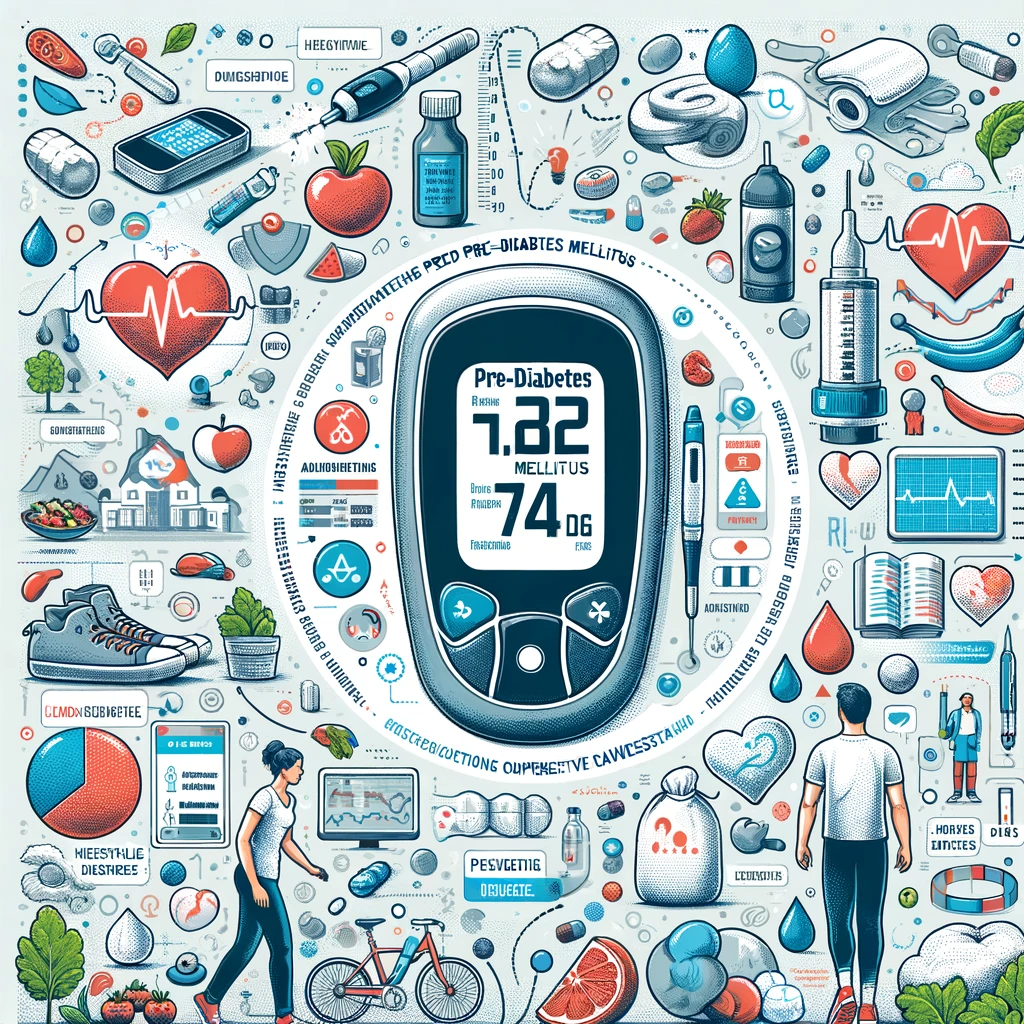Welcome to the groundbreaking world of GLP-1 medications, where science meets wellness in an extraordinary union! In this blog, we’ll delve into the extraordinary journey of GLP-1 medications, their incredible potential, and how they’re poised to become your health’s new best friend. Discover how these medications are transforming lives and opening up exciting new possibilities for achieving optimal well-being.
The Potential of GLP-1 Medications: Research and Developments
In recent years, there has been a significant surge in research revolving around GLP-1 medications like Ozempic, Mounjaro, and Wegovy. Primarily known for their usefulness in the treatment of type 2 diabetes, these drugs are now believed to extend beyond that scope. Researchers worldwide are exploring their potential use in an array of medical conditions, betting largely on their expansive therapeutic potential.
Understanding GLP-1 Medications
Before delving into the broad spectrum of the possible uses of these medications, it is crucial to understand what GLP-1 drugs are. The acronym GLP-1 stands for Glucagon-Like Peptide-1. They are a class of medications that mimic the effects of natural hormones in the body, primarily aimed at controlling blood sugar levels. Currently, they are widely used in treating patients with type 2 diabetes.
How Do GLP-1 Medications Work?
GLP-1 medications are essentially synthetic versions of a hormone naturally produced in the body after eating. The main function of this hormone is to stimulate the production of insulin, inhibit the release of glucagon (a hormone that raises blood glucose levels), and slow down the digestion process. Together, these effects help maintain stable blood sugar levels, keeping diabetes in check.
Current Uses of GLP-1 Medications
As it stands, GLP-1 drugs occupy a central role in diabetes management. They are typically recommended to patients who struggle to keep their blood sugar levels under control using standard treatments. By boosting insulin production while slowing down the digestion process, these medications help curb blood sugar spikes that commonly occur after meals. They are also known for their weight-loss effects, acting as appetite suppressants.
Deeper into Weight Management & Obesity Treatment
Interestingly, GLP-1 medications’ impact on weight isn’t just a secondary benefit for diabetes patients. Considering their appetite-suppressing properties and their ability to influence the release of insulin, these drugs are now being used as a strategy to manage obesity. Recognizing this potential, the FDA recently approved Wegovy (a high-dose semaglutide, one type of GLP-1 drug) specifically for chronic weight management in adults.
Exploration Beyond Diabetes and Obesity
While GLP-1 medications have proven successful in treating diabetes and obesity, the medication’s potential doesn’t end there. The characteristics of these drugs have led researchers to speculate that they could be beneficial in treating a variety of other conditions.
Cardiovascular Diseases
Several notable studies indicate that medications like Ozempic could potentially reduce the risk of major cardiovascular events, such as heart attacks and strokes. This has prompted researchers to further investigate the possible protective role these drugs can play in heart health.
Neurodegenerative Disorders
Further exciting findings suggest that GLP-1 medications may even be beneficial in neurodegenerative disorders like Parkinson’s and Alzheimer’s diseases. Some studies have found that these drugs can protect nerve cells and reduce inflammation in the brain, potentially improving patients’ cognitive functions and slowing disease progression.
Conclusion
The potential of GLP-1 medications like Ozempic, Mounjaro, and Wegovy extends far beyond their current application in managing type 2 diabetes and obesity. While these drugs have already proven efficacious in these areas, emerging research suggests they could also play a role in managing cardiovascular diseases and neurodegenerative disorders. It’s an exciting frontier for research, offering promising hope for therapeutic advancements in managing a broader array of health conditions. While more definitive studies and trials are necessary, the horizons appear increasingly wide for GLP-1 medications.
Original article: https://www.everydayhealth.com/weight/could-blockbuster-weight-loss-drugs-also-be-used-to-treat-heart-disease-alzheimers-and-cancer/


